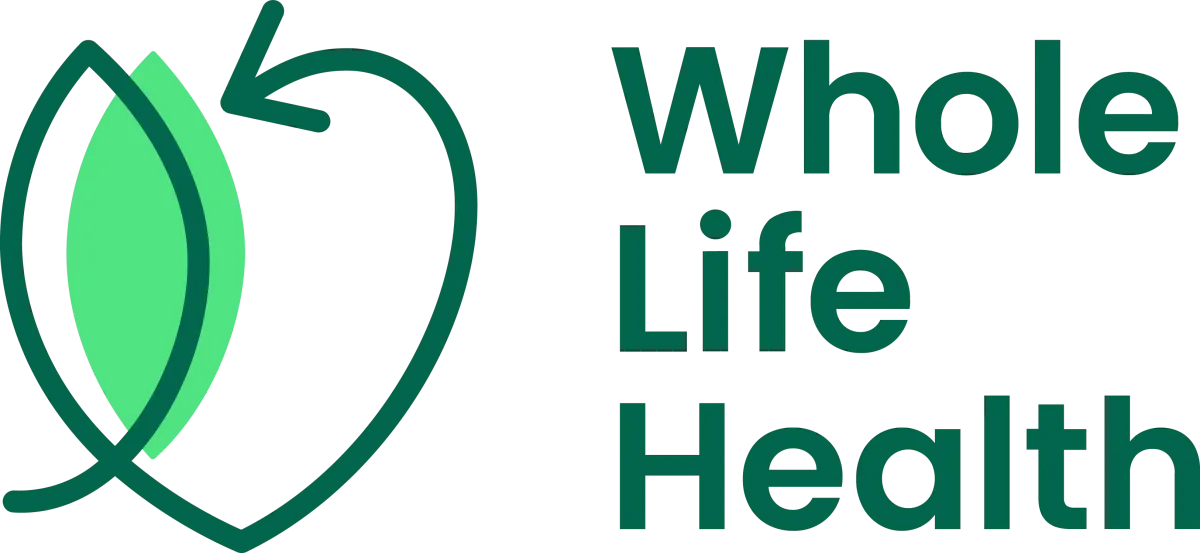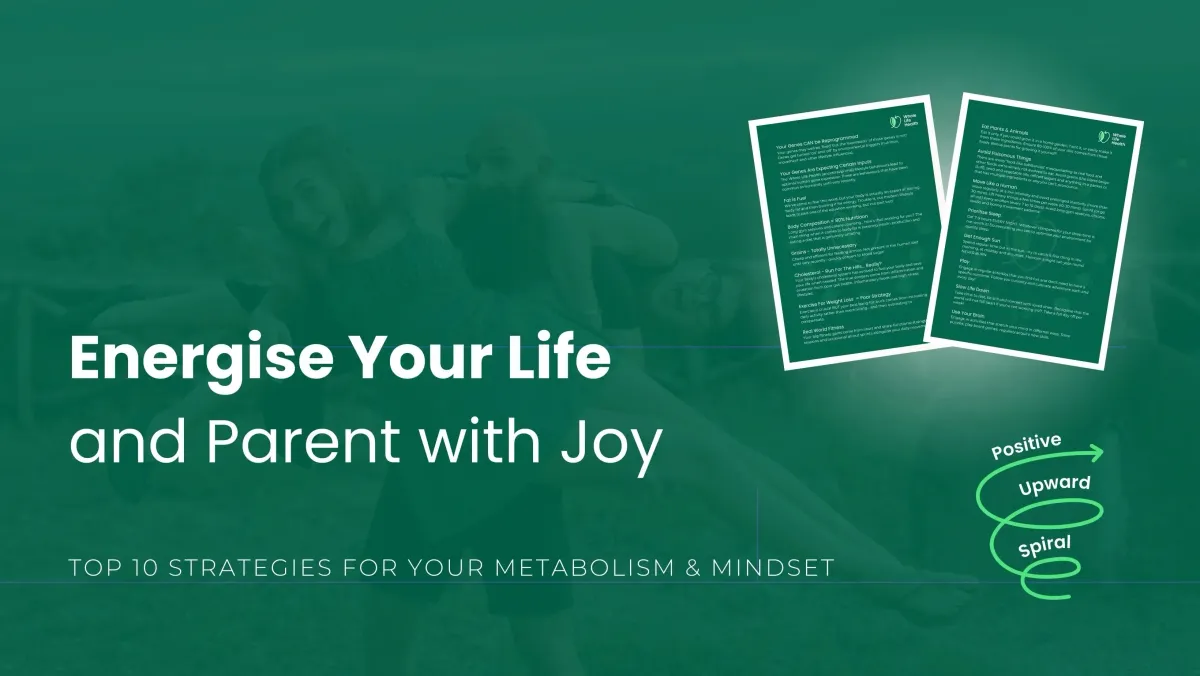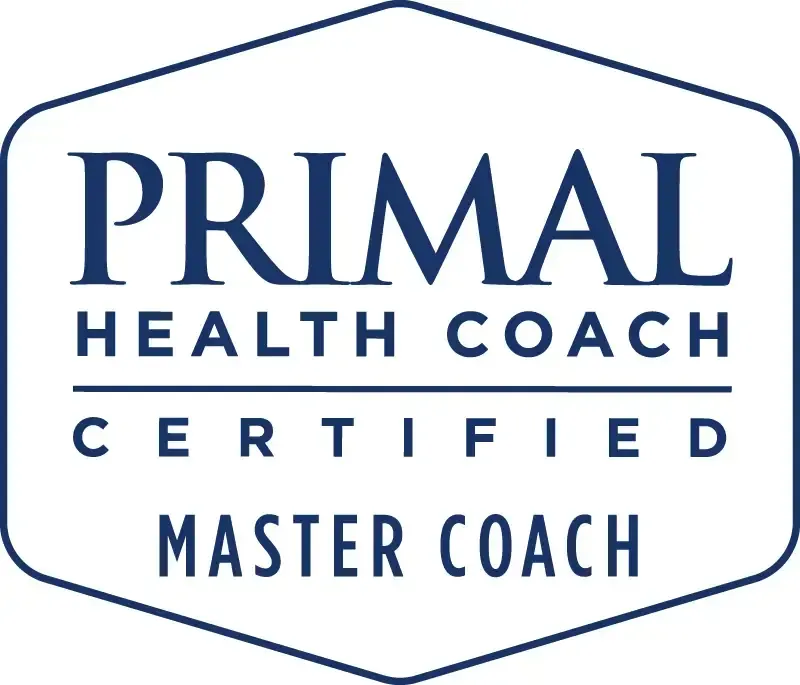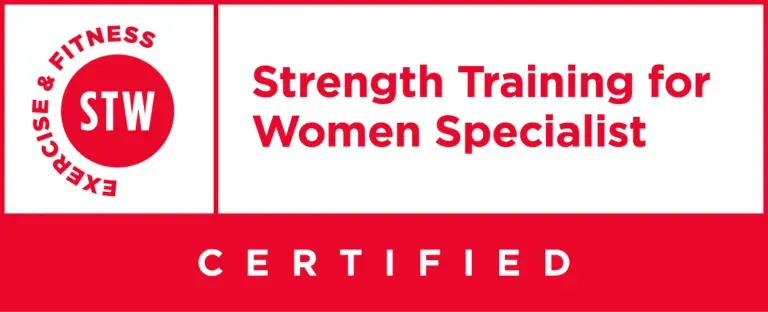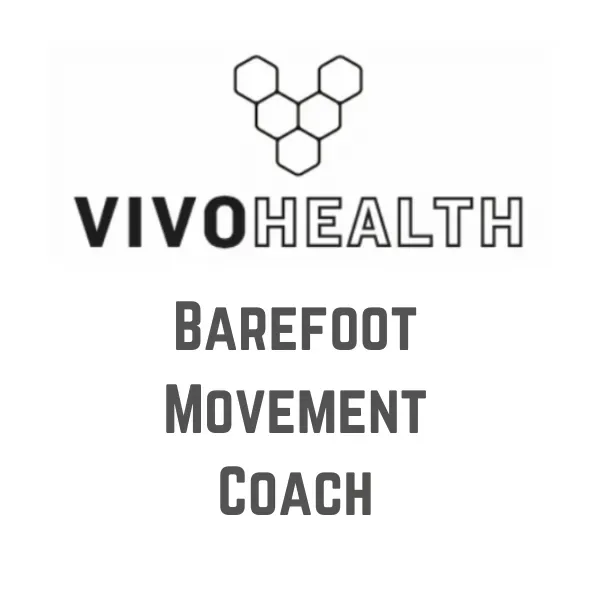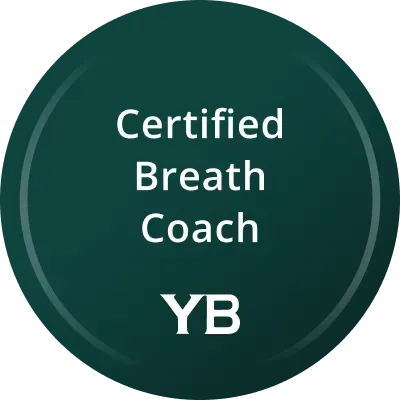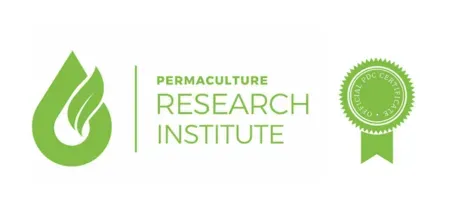
Why Relying on Health Insurance Instead of Health Ensurance Is a Risky Mistake
You Can’t Outsource Your Health
When I reviewed my life and health insurance recently, I was told I was "at risk"—based on BMI alone. It didn’t matter that I train regularly, eat intentionally, sleep well, and have a waist size below even their lowest risk category. The algorithm said no. I laughed—then got annoyed.
And then Freya got quoted nearly double the premium. Why? Because her dad had Alzheimer’s. No questions asked about her lifestyle, omega-3 index, metabolic health, or anything else that actually matters. Just one tick box. Genetic fatalism at its worst.
Welcome to the world of health insurance: expensive, reactive, and wildly outdated.
Let’s talk about something better: health ensurance (which, granted, is a term I totally just made up... but roll with it).
What’s the Difference?
Health insurance is what you get to cover you for after things go wrong.
Health ensurance is what you do so they don’t go wrong in the first place.
It’s the difference between paying into a system that assumes decline… and investing in a lifestyle that builds health on your terms.
Health Insurance Is Based on Broken Models
BMI? Seriously? It’s a 200-year-old calculation that doesn’t distinguish between muscle and fat. Fine for population stats but it tells you approximately bugger all about an individual. Yet it still drives underwriting decisions.
Family history of Alzheimer’s? Important, yes—but modifiable through lifestyle, blood sugar and insulin spikes, in particular. Type 3 diabetes is what it’s increasingly called.
Did they ask about DHA levels, muscle mass or strength, VO2max, insulin sensitivity? Nope.
They asked if she smoked... and... That. Was. It.
This is what we’re up against: systems that don’t measure what matters. And this is why we need a different path.
So, What Is Health Ensurance?
It’s not a product. It’s a practice.
Health ensurance taking matters into your own hands and moving the needle on your health a wellness so that health insurance becomes redundant... or, at least, secondary.
Some examples:
Knowing how to shift your nervous system out of fight-or-flight.
Getting strong—not just for the mirror, but for your metabolism.
It’s investing daily in your future healthspan.
Why This Matters More Than Ever
Prevention beats reaction
Insurance premiums are going up
You build resilience
You model health for others
It’s empowering
How We Practice Health Ensurance at Whole Life Health
This isn’t a “biohacking” project. It’s ancestral living adapted to modern life.
Practical Ways to Begin Today
What’s Your Next Move?
You could spend more on insurance premiums that don’t really protect you. Or you could invest in daily rhythms that build the kind of health most policies don’t even know how to measure.
At Whole Life Health, we’re here to guide you through that shift—from outsourcing health to owning it. We teach you to become the expert in your own body.
Book a call and let’s talk about your version of health ensurance.
FAQ
Is this anti-insurance?
Not at all. Insurance has its place. But it shouldn’t replace real, proactive self-care.
Isn’t health coaching expensive?
Not compared to chronic illness, not to mention the time an money lost through brain fog and fatigue. And getting out in the sun then honing a decent night’s sleep are cheaper than prescriptions... they're actually FREE!
What if I have a family history of disease?
Even more reason to start now. Genetics only load the gun—lifestyle pulls the trigger.
Do you offer coaching to help with this?
Yes. 1-on-1, couples, and family coaching is available. Explore our options.
Want to go deeper?
Read: How Small Stresses Build Big Resilience
